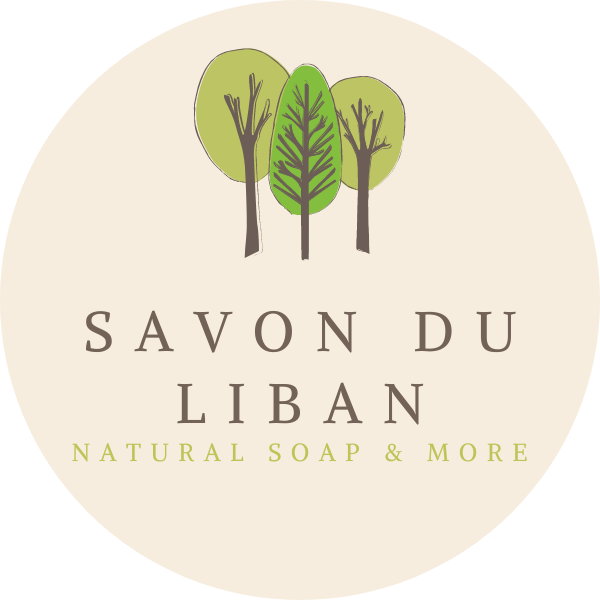Lebanese Culture and Beauty: A Timeless Tradition
Lebanon, a country renowned for its rich history, vibrant culture, and stunning landscapes, has also long been admired for its unique beauty practices. From ancient times to the present day, Lebanese culture and traditions have significantly influenced the way people approach beauty and the use of natural products.
Historical Influences
The Phoenicians, a maritime civilization that thrived along the Mediterranean coast, were known for their emphasis on beauty and grooming. They used various natural ingredients, such as olive oil and herbs, to enhance their appearance. During the Islamic era, new beauty practices and products were introduced to Lebanon, further shaping the country's beauty traditions.
Traditional Beauty Practices
In Lebanese culture, beauty is often seen as a reflection of health, well-being, and overall vitality. Families and communities have played a crucial role in passing down traditional beauty practices from one generation to the next. Natural ingredients like olive oil, honey, and herbs have been used for centuries to nourish the skin, hair, and nails. Traditional beauty rituals, such as hammams (Turkish baths) and facial masks, have been an integral part of Lebanese life.
Contemporary Beauty Standards
While Western influences have undoubtedly impacted Lebanese beauty ideals, there remains a strong appreciation for natural beauty and authenticity. The rise of the beauty industry in Lebanon has led to the emergence of numerous local and international brands offering a wide range of products. However, many Lebanese consumers continue to seek out natural and organic skincare options, reflecting their deep-rooted connection to traditional beauty practices.
Lebanese Beauty Products
Lebanese artisans have played a vital role in preserving traditional beauty practices and creating unique products. From handcrafted soaps to natural hair oils, Lebanese beauty products often incorporate locally sourced ingredients and traditional techniques. These products not only offer skincare benefits but also serve as a reminder of Lebanon's rich cultural heritage.
Beauty and Identity
Beauty is often seen as a form of self-expression and a way to connect with one's cultural identity. In Lebanon, beauty practices can reflect regional differences, religious beliefs, and social status. For many Lebanese women, beauty is not just about physical appearance but also about inner strength, confidence, and grace.
Conclusion
Lebanese culture and traditions have deeply influenced the country's approach to beauty. From ancient times to the present day, natural ingredients, traditional practices, and cultural values have shaped Lebanese beauty ideals. As Lebanon continues to evolve, the beauty industry is also adapting, while still honoring the country's rich heritage. The enduring connection between Lebanese culture and beauty is a testament to the timeless appeal of these traditions.

